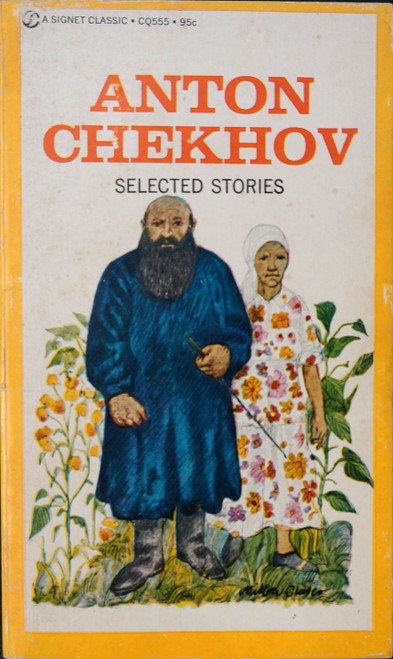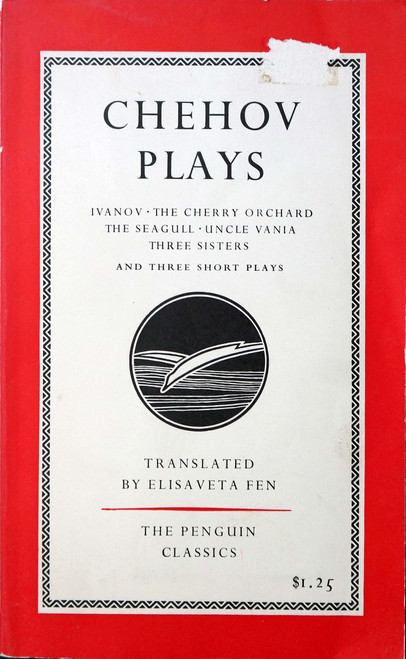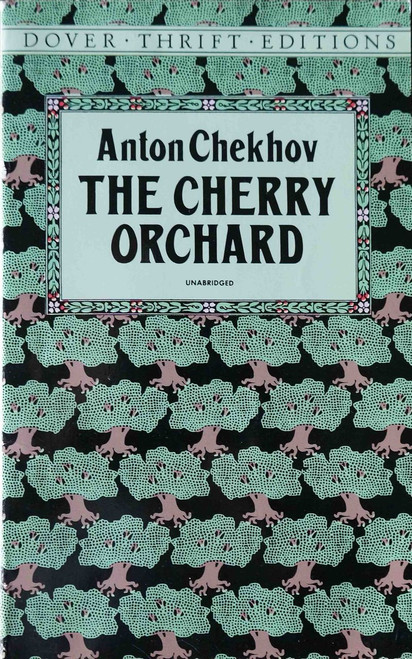Book Blurb
Called the greatest of short story writer, Anton Chekhov changed the genre itself with his spare, impressionistic depictions of Russian life and the human condition. Now, thirty of his best tales from the major periods of his creative life are available in this outstanding one volume edition. Included are Chekhov's characteristically brief, evocative early pieces such as "The Huntsman" from 1885, which brilliantly conveys the complex texture of two lives during a meeting on a summer's day. Four years later, Chekhov produced the tour de force "A Boring Story" (1889), the penetrating and caustic self-analysis of a dying professor of medicine. Dark irony, social commentary, and symbolism mark the stories that follow, particularly "Ward No. 6" (1892), where the tables turn on the director of a mental hospital and make him an inmate. Here, too, is one of Chekhov's best -known stories. "The Lady with the Little Dog" (1899), a look at illicit love, as well as his own favorite among his stories, "The Student," a moving piece about the importance of religious tradition.
Atmospheric, compassionate, and uncannily wise, Chekhov's short fiction possesses the transcendent power of art to awe and change the reader. This monumental edition, expertly translated, is especially faithful to the meaning of Chekhov's prose and the unique rhythms of his writing, giving readers an authentic sense of his style-and, in doing so, a true understanding of his greatness.
Translated by Richard Pevear and Larissa Volokhonsky
With an Introduction by Richard Pevear
Editorial Review(s)
About the Author
Anton Pavlovich Chekhov was born in the provincial town of Taganrog, Ukraine, in 1860. In the mid-1880s, Chekhov became a physician, and shortly thereafter he began to write short stories. Chekhov started writing plays a few years later, mainly short comic sketches he called vaudvilles. The first collection of his humorous writings, Motley Stories, appeared in 1886, and his first play, Ivanov, was produced in Moscow the next year. In 1896, the Alexandrinsky Theater in St. Petersburg performed his first full- length drama, The Seagull. Some of Chekhov's most successful plays include The Cherry Orchard, Uncle Vanya, and Three Sisters. Chekhov brought believable but complex personalizations to his characters, while exploring the conflict between the landed gentry and the oppressed peasant classes. Chekhov voiced a need for serious, even revolutionary, action, and the social stresses he described prefigured the Communist Revolution in Russia by twenty years. He is considered one of Russia's greatest playwrights. Chekhov contracted tuberculosis in 1884, and was certain he would die an early death. In 1901, he married Olga Knipper, an actress who had played leading roles in several of his plays. Chekhov died in 1904, spending his final years in Yalta.








